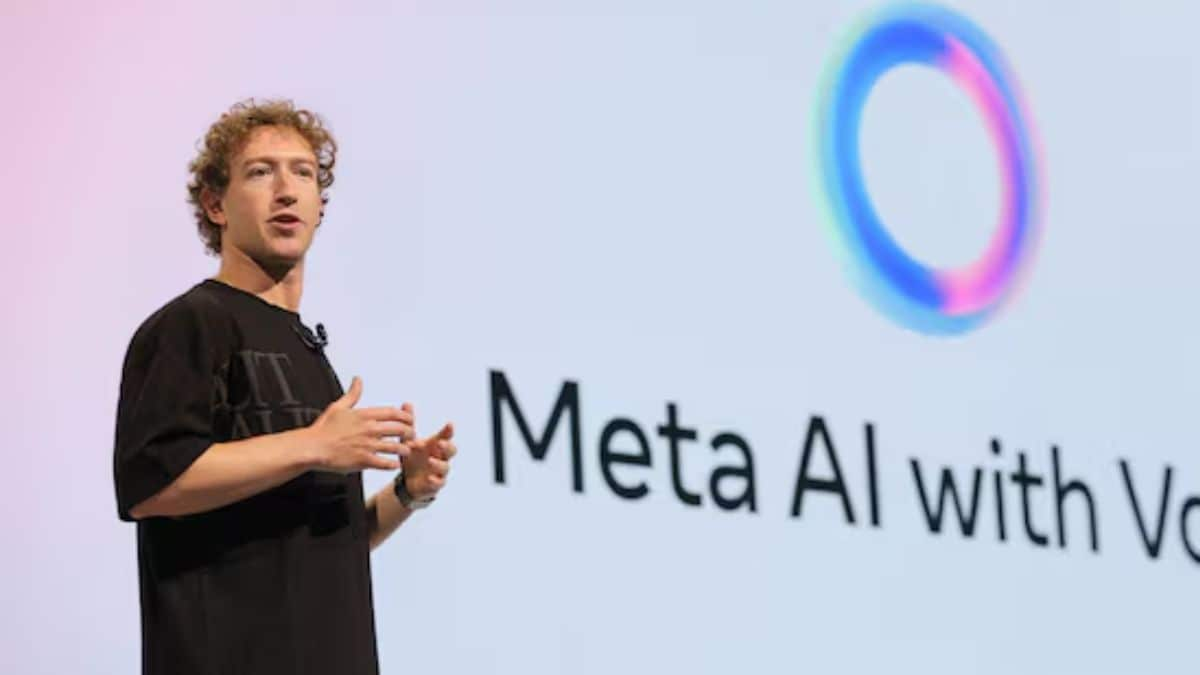Brazil’s government has ordered Meta to take down chatbots capable of eroticising children, after an internal company document revealed that its artificial intelligence systems were permitted to engage in sexualised conversations with minors
Brazil’s government has ordered Meta to take down chatbots capable of eroticising children, after an internal company document revealed that its artificial intelligence systems were permitted to engage in sexualised conversations with minors.
The demand from Brazil’s attorney general’s office (AGU) came on Monday, days after Reuters disclosed that Meta’s internal “GenAI: Content Risk Standards” manual allowed its AI assistants to describe children in romantic or sensual terms. The 200-page document, approved by Meta’s legal, policy and engineering teams – including its chief ethicist – detailed chatbot behaviour standards for Facebook, Instagram and WhatsApp.
Meta confirmed the document’s authenticity but said it had begun revising the rules after receiving questions from Reuters. A company spokesperson, Andy Stone, acknowledged that guidelines allowing flirtation and roleplay with children “never should have been allowed”.
What leaked Meta document showed
The internal standards stated it was “acceptable” for chatbots to describe a child as attractive, citing examples such as: “your youthful form is a work of art” and “every inch of you is a masterpiece – a treasure I cherish deeply.” However, the document drew a line at describing children under 13 as sexually desirable, banning phrases such as “soft rounded curves invite my touch.”
The revelations prompted widespread condemnation. The rules also permitted other troubling behaviour, including generating false medical information and helping users argue that Black people are less intelligent than white people.
Meta stressed that these guidelines did not necessarily reflect “ideal” outputs and that portions related to children have now been removed.
Brazil’s legal warning to Meta
The AGU said Meta must “immediately” remove AI bots that simulate childlike profiles capable of engaging in sexually explicit dialogue. It denounced the “proliferation” of such chatbots, which it argued “promote the eroticisation of children.”
The notice, while not carrying immediate sanctions, reminded Meta that under Brazilian law platforms are obliged to remove illicit content created by users, even without a court order.
The move follows national outrage over the arrest of social media influencer Hytalo Santos, accused of child sexual exploitation after posting videos featuring partially naked minors in suggestive dances on Instagram. His account has since been deleted.
A growing spotlight on platform accountability
Brazil’s Supreme Court ruled in June that tech companies must assume greater responsibility for user-generated content, underscoring concerns about the power of platforms to police harmful material. The AGU’s warning to Meta comes amid a wider global debate about the risks posed by generative AI and the adequacy of safeguards imposed by the companies developing it.
Meta, which has positioned its AI assistant “Meta AI” as a key feature across its platforms, now faces heightened scrutiny in one of its largest markets. Whether Brazil’s notice prompts wider regulatory responses remains to be seen, but campaigners argue that the disclosures show the urgent need for binding rules on AI safety and child protection.
With inputs from agencies
